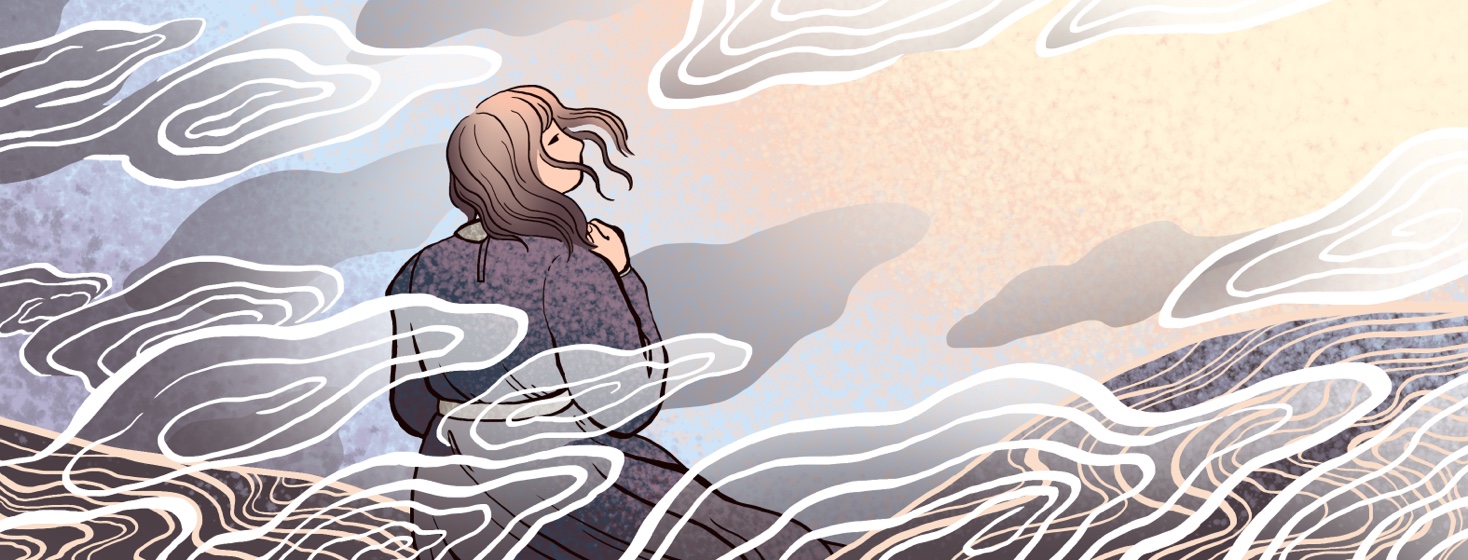How Having a Stroke Affected My Mind
The mind is a powerful thing. We use it to think, make decisions, learn, and even recall memories. I never thought my mind would be affected by having not 1, but 2 strokes.
My emotional changes started after my second stroke
Many people who experience strokes have behavioral and emotional changes like forgetfulness, anger, sadness, and fear. I would be remiss if I didn’t say that the first stroke that I suffered I didn’t have these feelings. It wasn’t until I suffered a second stroke that I started having feelings of depression and anxiety.1
How strokes affect the brain
The brain has 3 main parts: the right brain, the left brain, and the brain stem. When a stroke occurs in the right brain, it affects the left side of the body. When a stroke occurs in the left brain, it affects the right side of the body. A stroke can also occur in the brain stem, and in that case, both sides of the body may be affected. According to the American Stroke Association, this can leave someone in a "locked state," meaning that while they are conscious and can think and comprehend things, they can't move or speak except for eye movements.2
When I had my first stroke, my left side was affected, and I experienced paralysis on the left side of my body; this was caused by a right brain stroke. When I had a second stroke, I experienced paralysis on my right side, so that one was a left brain stroke.
Recovering from my second stroke was difficult
The second stroke was much more massive than the first stroke; it left me without confidence and confused about who I was, combined with depression, anxiety, and a fear of everything. It really was as if I had come back as a different person into a life that was supposed to be mine.
This stroke also took my ability to communicate through speech, my independence, and other important functions. I didn’t like talking to people anymore, and I felt ashamed. I not only had to learn to walk, talk, and eat again, but I had to rebuild my life piece by piece. I had gone through months of ups and downs and depression. My mind was in shambles, and I didn’t know where to start building my life back to where it had been before.
Struggling to get back to my old self
First, I had to learn to acknowledge that the stroke happened and realize that I was a survivor. That part is easier said than done, because at this point, I had suffered 2 strokes 4 years apart. I just wanted my life back and wanted to go back to the way that things were before the stroke.
I was struggling socially as well, especially when I had to speak. My speaking had improved, but I was (and still am) afraid to open my mouth and speak, because I think I still sound like I did when I had the last stroke. I had to start rebuilding my life, and honestly, this is a marathon, not a sprint. As much as I wanted things to move faster, but I also knew that it would take some time.
Building up my confidence again
I started seeing a therapist, because honestly, I had a lot on my plate and I needed help. I remember my first appointment and being so scared, so anxious, and my heart was racing. I spoke to her about the struggles I had been having, and she reassured me that my speech was fine and it didn’t need any work. She also told me that I needed to unlearn unhealthy habits that my mind had picked up. I needed to build up my confidence and start speaking more.
I am a work in progress, and that's OK
What suffering a second stroke gave me, in turn, was a chance to start over, unlearning everything — all of the negative thoughts that I learned, all of the ugly things, and words I used to describe myself. It also gave me the strength to know that I could overcome the battle I was going through.
Today, I still don’t like to talk, but I’m getting better at it. My right side is still weaker than my left side. I am right-handed, so I still have problems writing, and I forget things very often. But I remind myself every day that not only am I a survivor, but I am still a work in progress, and that’s OK.

Join the conversation